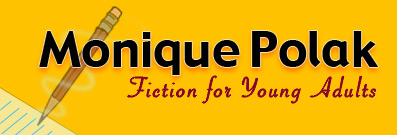



Just So You Know it isn't only singing in the morning that makes me happy (though today is the perfect day for that old song, "Oh what a beautiful morning, Oh what a beautiful day!" -- do remind me to get my Writing for Children class to sing that this coming Monday morning; that'll wake 'em up for sure!). Another thing that makes me happy is BIG IMPORTANT IDEAS.
That is my way of telling you I'm just back from a stimulating conference at McGill called Imagining the Child, sponsored by The Institute for the Public Life of Arts and Ideas. I participated on a panel called "Narrative and Childhood Trauma." I won't bother telling you about my presentation (it was about my book about my mum) because I'd like to concentrate instead on what I learned from my co-panelists: Lyn Daniels, Teresa Strong-Wilson, and Lisa Taylor. Lyn is a specialist in aboriginal education from Burnaby, British Columbia. During her presentation, she showed us archival photos taken of Canadian aboriginal kids when they were in residential schools. She had the audience pay special attention to the kids' eyes, which I found very moving. Because of my own work with Cree and Inuit students in Quebec, I know a little about the residential school system -- how many of their parents and grandparents were plucked from their homes on the land and sent to church-run schools. Not surprisingly, the kids suffered terribly, not only from being torn from their families and homes and communities, but also because too many of them were abused emotionally and somtimes physically.
Teresa, who teaches in McGill's education department, and Lisa, who teaches education at Bishop's University, also presented papers about the problem of the residential schools. Teresa told us about several books for children that tackle this difficult topic. She also, interestingly, drew connections to the Holocaust. Lisa took a more political approach -- she argued that it is not enough for books to create "affect" or feeling, that ideally, books need to lead to what she described as "civic commitment."
So I've got loads to think about, which I find is as pleasant as singing, only in a really different way. Today, I'm wondering: who owns a story? who has the right to tell a story? does a story belong to anyone? In What World Is Left, I appropriated in some way my mum's story. Because I am so interested in the history of residential schools in Canada, I am hoping in the not-too-distant future to write about that too in one of my YA novels... but I am grappling with the question of whether I can write a story that does not "belong" to me. But maybe any story that makes a writer's arms get cold, or that touches a writer's heart in a profound way... can be hers (or his). Care to share your opinion on this matter?
When you subscribe to the blog, we will send you an e-mail when there are new updates on the site so you wouldn't miss them.
Comments